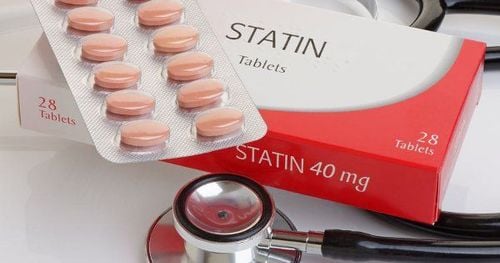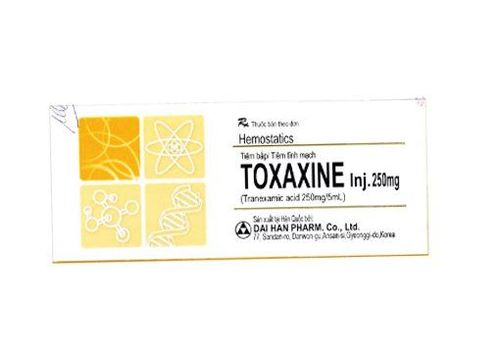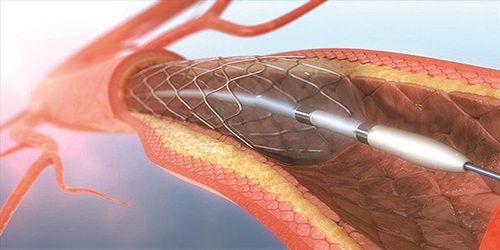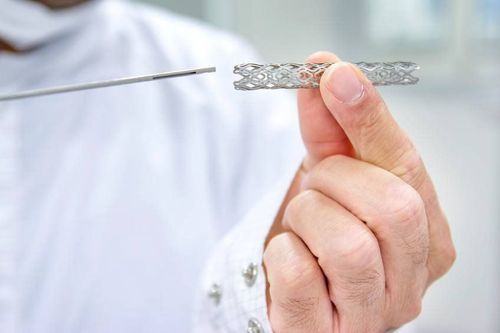This is an automatically translated article.
The article was professionally consulted by Specialist Doctor II Nguyen Quoc Viet - Department of Medical Examination & Internal Medicine - Vinmec Danang International General Hospital. The doctor has more than 20 years of experience in the examination and treatment of cardiovascular diseases and Cardiovascular Interventions (Including angiography, dilation, stenting of coronary arteries, renal arteries...), placing temporary pacemakers , forever...Myocardial infarction is one of the diseases that causes many dangerous complications, if not treated and cared for properly, myocardial infarction can recur. Therefore, you need to be very careful to avoid unfortunate consequences later.
1. What is a myocardial infarction?
Myocardial infarction is a dangerous cardiovascular disease that usually occurs when an area of the heart muscle is damaged or necrotic due to blockage of the coronary arteries, which suddenly stops the blood supply to the heart muscle. Advances in the diagnosis and treatment of acute myocardial infarction are now coronary interventional therapy (with thrombectomy, balloon angioplasty, stenting); thrombolysis or emergency open surgery and medical treatment. However, after these life-saving efforts, patients need to follow a strict treatment regimen to prevent a possible myocardial infarction.2. What is a recurrent myocardial infarction?
Myocardial infarction can completely recur if the patient is not treated and cared for properly. In order to limit possible recurrence of myocardial infarction, after treatment, patients need to follow-up and take drugs as prescribed by doctors to prevent possible events.For patients after myocardial infarction, medication is mandatory. In addition, blood vessels and heart tissue depend a lot on nutrition, lifestyle and exercise.
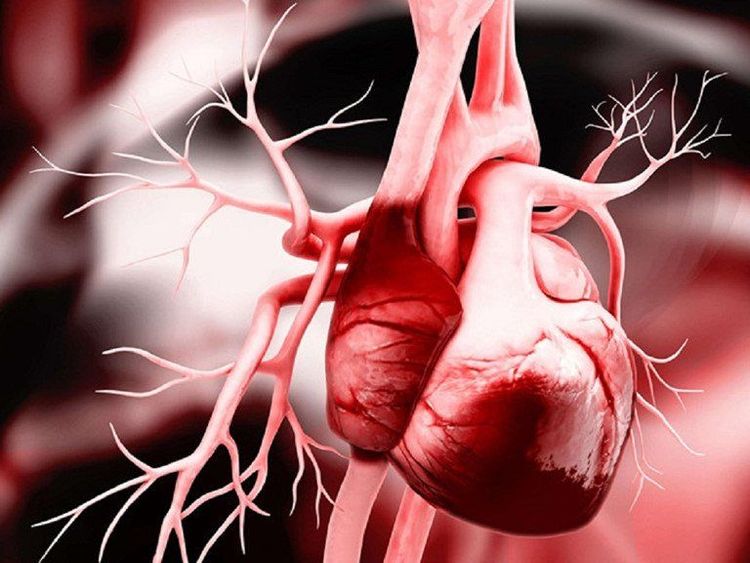
3. Complications of myocardial infarction
Complications of myocardial infarction are expressed in many different levels:Arrhythmia: This is an abnormal heart rhythm, which can be fast, slow compared to the average speed, but the most severe is ventricular fibrillation and then ventricular fibrillation. ventricular tachycardia.
Atrioventricular blocks: This complication is common in posterior - inferior myocardial infarction, divided into 3 different degrees with grade 3 being complete heart block, very bradycardia with ventricular escape rhythm, can occur. very sudden, high mortality.
Complications of pump failure: An important complication of myocardial infarction (especially when the necrotic mass is larger) is left ventricular failure, systolic failure and even diastolic failure (diastolic dysfunction with “stiff ventricles”). ie reduced compliance). The most severe form of pump failure is “cardiogenic shock”. Shock is tissue hypoperfusion, which manifests not only as collapse (systolic blood pressure less than 90 mmHg), but also oliguria, anuria, impaired consciousness, pale extremities, cold, wet, acidosis (sometimes manifested by periodic breathing).
Mechanical complications: Usually occurs in the first week with the risk of rupture of the left ventricular free wall; rupture (perforation, tear) of the interventricular septum produces an “acute acquired ventricular septal defect” that gives rise to a new systolic murmur; papillary muscle rupture such as rupture or tear only or papillary muscle dysfunction only in the muscular column of one of the leaflets, creating valve prolapse, producing acute mitral regurgitation, with obvious retrograde symptoms, appearing a new systolic murmur.
Complications of thrombosis, embolism: This myocardial infarction complication poses a risk of recurrent myocardial infarction, causing extensive necrosis or adding new myocardial necrosis to the great circulation. Vascular embolism usually occurs after 1-3 weeks, the thrombus originates from the inner wall of the left ventricle, travels with blood flow to the brain, mesentery, extremities, rarely enters the coronary artery. Pulmonary embolism, if the person with a heart attack has been immobile for too long or abuses diuretics to make the blood more concentrated, complications are more likely to occur.
Other early complications: Acute pericarditis, occurring shortly after the first few days with severe pain just behind the sternum spreading to the back. Of these complications, sudden death is the most severe.
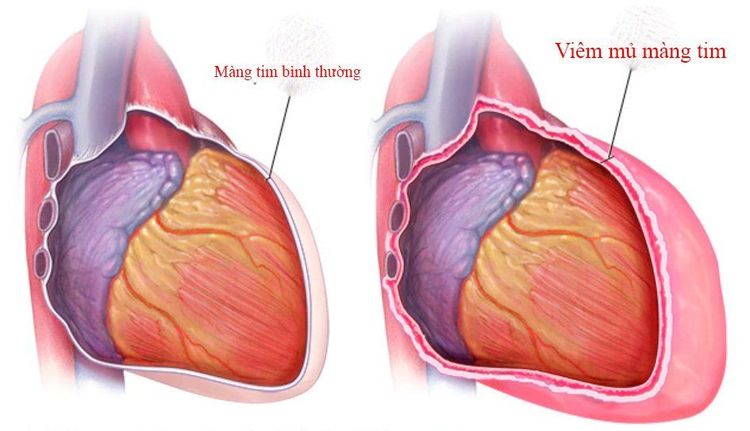
4. Is a heart attack dangerous?
Myocardial infarction is one of the dangerous diseases, which can kill the patient's life if not treated promptly. If you are lucky enough to survive, you still have a high risk of having a heart attack, heart failure, or sudden death.Myocardial infarction can recur after treatment, so you need to consult a specialist to establish a reasonable diet as well as exercise to limit possible dangerous complications. out.
Vinmec International General Hospital provides customers with a Coronary Cardiovascular Disease Screening Package to help customers proactively check for the above signs and prevent risks early.
In addition, at Vinmec International General Hospital, with a team of experienced Cardiologists and modern equipment, it is possible to fully meet the needs of treatment and intervention (dilation) , coronary stenting) for all emergency interventions and program interventions for customers with the most reasonable cost.
Please dial HOTLINE for more information or register for an appointment HERE. Download MyVinmec app to make appointments faster and to manage your bookings easily.
SEE ALSO:Treatment of acute myocardial infarction The danger of myocardial infarction Why myocardial infarction can occur in young people?





